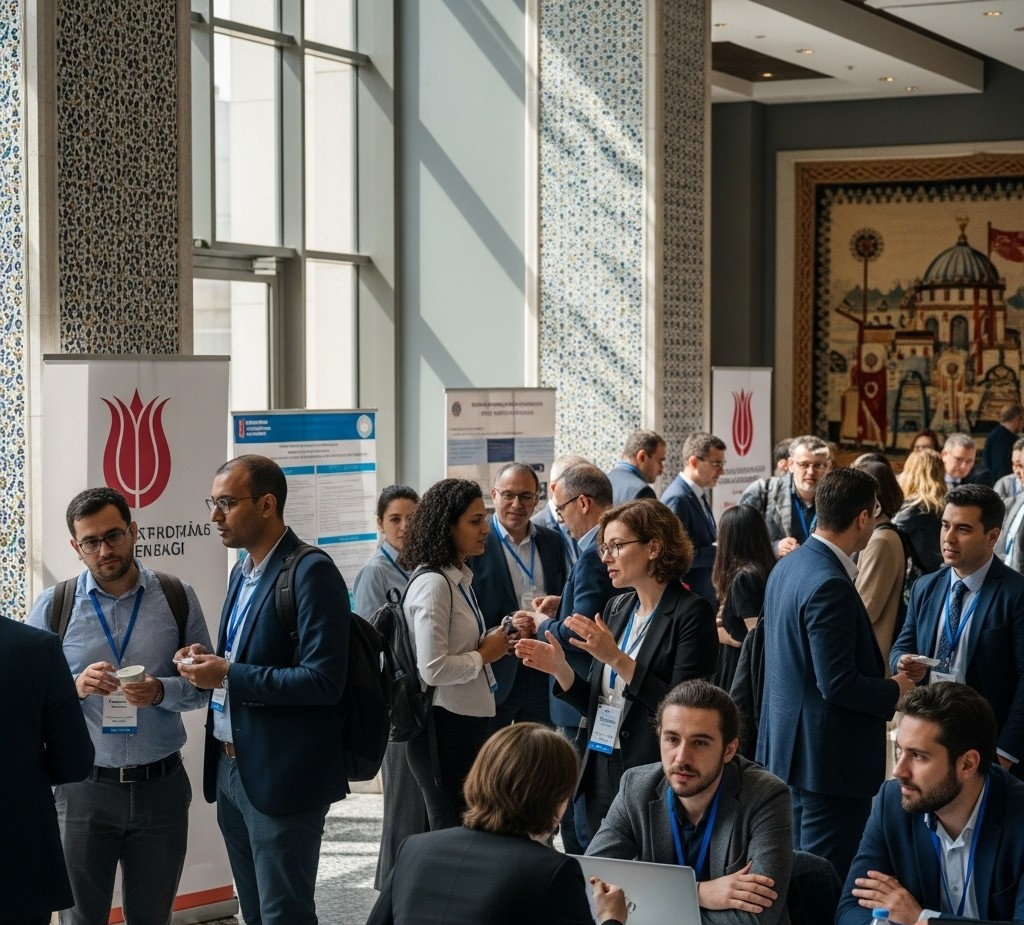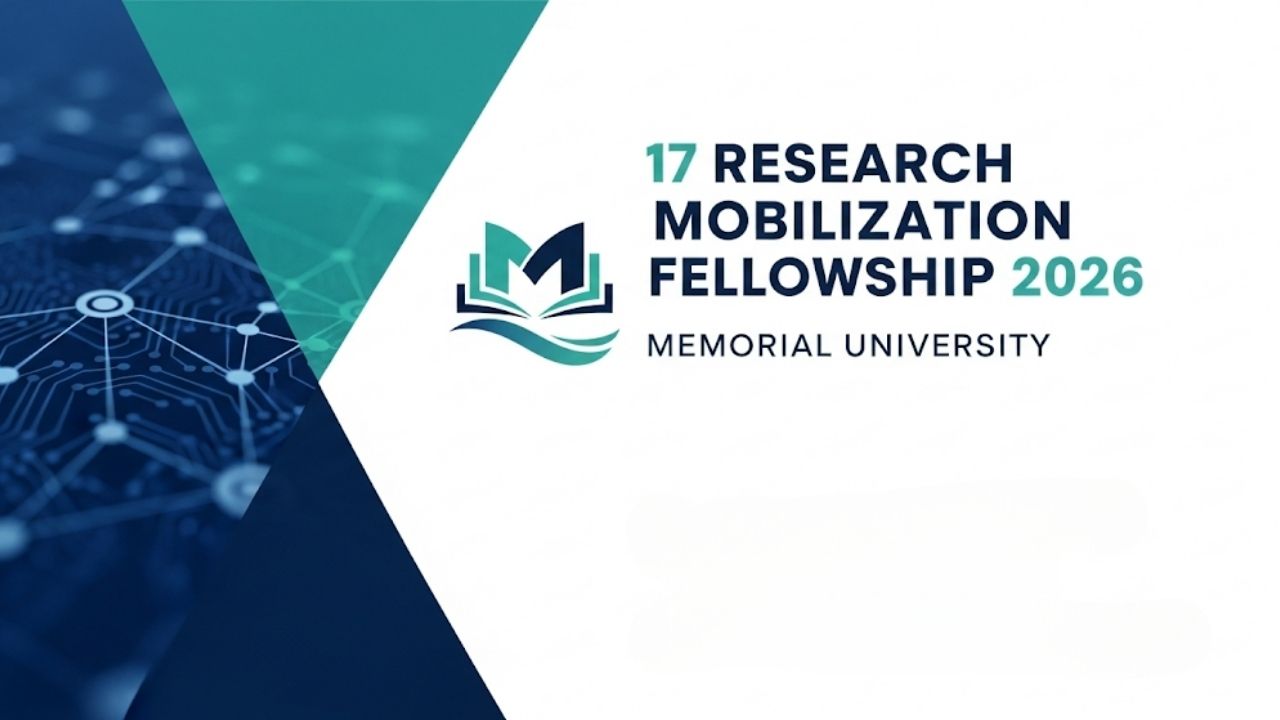Embarking on a research journey in Turkey is a dream for many scholars, and the ARIT Fellowships offer an incredible pathway to make that a reality. If you’re an advanced graduate student or a seasoned scholar in the humanities and social sciences, the American Research Institute in Turkey (ARIT) provides a unique opportunity to immerse yourself in a rich historical and cultural landscape. This comprehensive guide is designed to empower you with the knowledge and confidence you need to successfully navigate the application process, ensuring your project stands out.

Understanding the ARIT Fellowships in the Humanities & Social Sciences
The American Research Institute in Turkey (ARIT) has been a cornerstone for promoting advanced research and academic exchanges between North America and Turkey since its founding in 1964. Its fellowships are highly sought after because they offer more than just financial support; they provide an institutional home and a professional network. With centers in Istanbul and Ankara, ARIT fellows gain access to valuable resources, including specialized libraries and connections with local scholars and institutions, which are invaluable for fieldwork and archival research.
Key Fellowship Types
ARIT offers a few distinct fellowships, and it’s crucial to know which one is right for you. While some are specifically for research in Turkey, others support language study or specific topics. The two main ones for humanities and social sciences research are:
- ARIT Research Fellowships: These fellowships are for a wide range of research topics and are open to both scholars and advanced graduate students. The duration can be anywhere from a single month to a full academic year.
- NEH-ARIT Advanced Fellowships: Supported by the National Endowment for the Humanities, these are specifically for more established scholars who are U.S. citizens or have been U.S. residents for at least three years. The tenure for these is longer, ranging from four to twelve months, with a higher monthly stipend.
Who Is Eligible to Apply?
Eligibility for the ARIT Fellowships is a critical first step. Generally, you must be a scholar or an advanced graduate student. For graduate students, it’s a non-negotiable requirement that you have fulfilled all requirements for your doctorate except the dissertation by June 2026, before you begin any ARIT-sponsored research. This is a common point of confusion, so be sure you’re at the dissertation-writing stage of your Ph.D. Non-U.S. citizens who reside in the U.S. or Canada are also eligible but must maintain an affiliation with an academic institution in one of those two countries.

The Application Process: A Step-by-Step Breakdown
The application for the ARIT Fellowships 2026 is a multi-part process that requires careful attention to detail. The official deadline is typically November 1, 2025, for the academic year 2026-2027, so you’ll want to start preparing well in advance. Here’s a breakdown of the key components you’ll need to prepare:
1. Crafting Your Research Proposal
This is the heart of your application. Your proposal must be clear, compelling, and demonstrate a deep understanding of your field and methodology. It should outline your research question, its significance to the humanities or social sciences, and how it contributes to existing scholarship. Make sure to detail your planned work in Turkey, specifying which archives, libraries, or sites you will need to access. I’ve found that the most successful proposals are those that clearly articulate the “why”—why is this research important, and why can it only be done with ARIT’s support in Turkey?
2. Letters of Recommendation
You will need to submit three letters of recommendation. These should come from people who know your work intimately and can speak to your academic abilities and the value of your proposed research. For graduate students, this will almost certainly include your dissertation advisor. It’s vital to give your recommenders plenty of time to write a thoughtful letter. Provide them with your research proposal, CV, and a summary of the fellowship’s purpose to help them craft a strong, specific recommendation.
3. Submitting Supporting Documents
In addition to your proposal and letters, you’ll need to submit several other documents. These typically include your curriculum vitae (CV) and, for graduate students, a copy of your graduate transcript. Ensuring all these materials are well-organized and submitted by the deadline is crucial.
Securing Research Permits: A Key Consideration
One of the most important, and often overlooked, aspects of the application process is securing research permissions and visas. ARIT fellows are responsible for obtaining these, and the process can be complex. Researchers working with museum collections or archives often need permission from the Ministry of Culture and Tourism. For longer research stays, a research visa is also required. While ARIT provides guidance, it’s up to you to begin this process early. Starting this research well before the application can even show your commitment and foresight.
Tips for a Standout Application
- Connect with ARIT: Don’t hesitate to reach out to the ARIT office in Philadelphia with specific questions about your eligibility or the application process. Showing initiative and a genuine interest in the institution is a positive step.
- Showcase Your Expertise: In your proposal, go beyond simply describing your research. Demonstrate your expertise by citing relevant scholarship and explaining your methodology with precision. Make it clear you’re not just proposing a project but are fully capable of executing it.
- Tell a Story: Your proposal should tell a compelling story about your research journey. What led you to this topic? What is at stake? A narrative that captures the imagination of the reviewers can be very effective.
- Proofread Meticulously: A clean, error-free application signals professionalism and attention to detail. Read it over, and then have someone else read it. A fresh pair of eyes can catch mistakes you’ve overlooked.

Applying for the ARIT Fellowships is a significant step toward advancing your scholarly career. While the process can seem daunting, a clear strategy and a well-prepared application can make all the difference. Remember, the journey begins with a single step: start by refining your research idea, gather your materials, and reach out to your mentors. The opportunity to conduct research in Turkey is unparalleled, and with a little effort, you could be the next scholar to join the ranks of ARIT fellows. We’re rooting for you!
Ignite Your Career: A Complete Guide to the UL FSRI Fellowships Spring 2026
Volt-Age Doctoral Fellowship 2025: Your Ultimate Guide to a Fully Funded PhD
FAQs
Q1: What is the typical stipend amount for ARIT Fellowships?
The stipends for ARIT Research Fellowships for the 2026-2027 year typically range from $2,500 to $15,500, depending on the length of the research tenure. For NEH-ARIT Advanced Fellowships, stipends can be significantly higher, at around $5,000 per month for a four to twelve-month tenure.
Q2: Are there fellowships for Turkish citizens or scholars based in Turkey?
Yes, ARIT also offers fellowships for Turkish graduate students pursuing doctoral research within Turkey. It’s best to check the official ARIT website for specific programs and eligibility requirements for non-U.S./Canadian applicants.
Q3: When will I be notified of my application status?
ARIT typically notifies applicants of the committee’s decision by late January 2026 for the 2026-2027 academic year.










